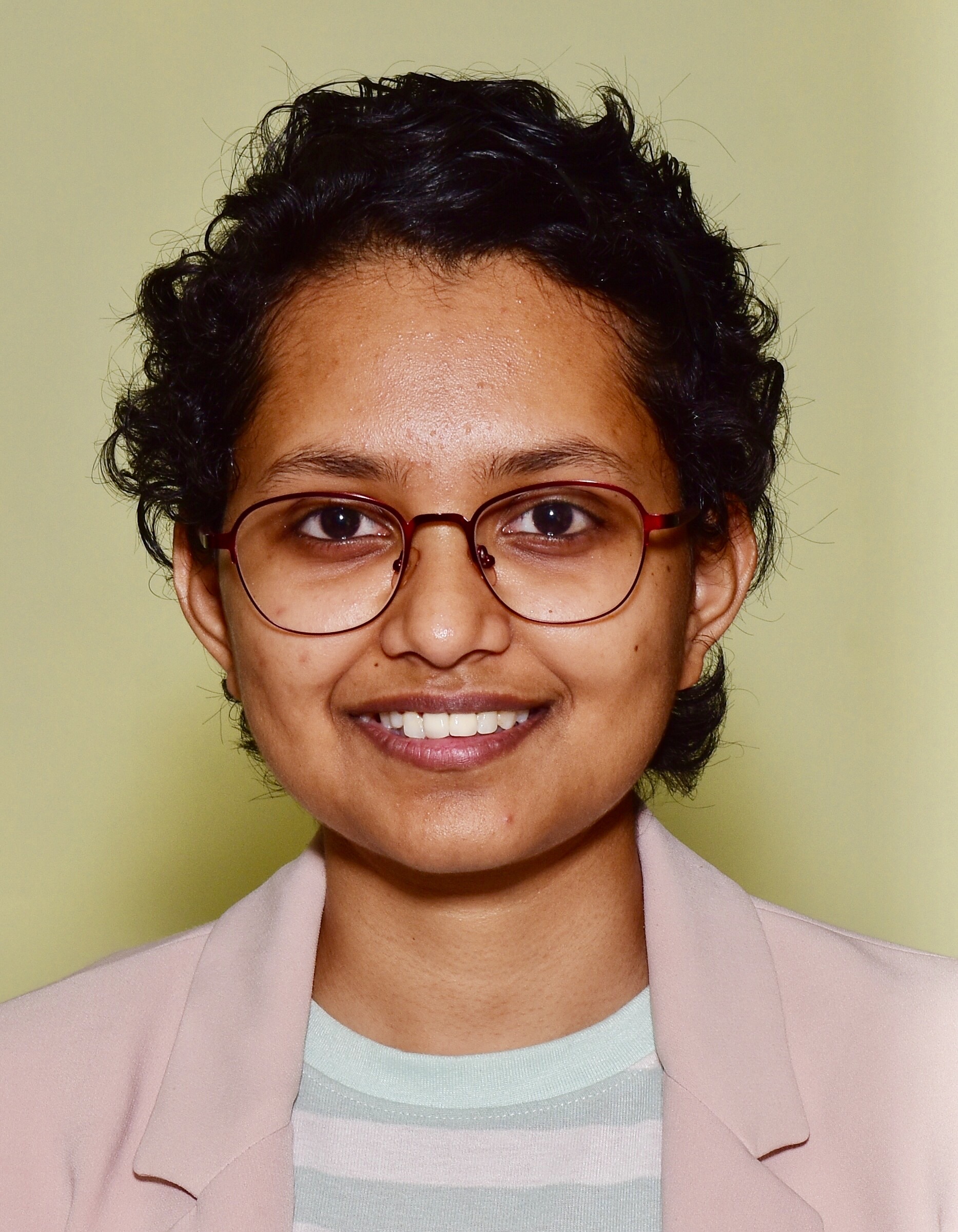Conflict Alerts # 178, 22 October 2020
 Sourina Bej
Sourina Bej In the news
On 18 October, around 6,000 people gathered in Paris to honour Samuel Paty, a middle school teacher who was beheaded for spearheading a class debate on freedom of expression over a cartoon of the Prophet Muhammad. An 18-year old Chechen origin man was identified as the attacker who was later killed in the police chase. Confessing to his murder, the attacker had also posted a picture of the decapitated body. Before the murder, there was an online campaign led by the father of a student who has accused Paty of disseminating immoral values by showing the Prophet's cartoon.
The teacher's killing is the second knife attack in France and comes as the trial of the attackers of the magazine Charlie Hebdo is underway.
Issues at large
First, the show of solidarity. The beheading of Paty has struck the French psyche as a direct assault on the republic's secular public education and its socio-political values of equality and liberty. Echoing the solidarity for Charlie Hebdo, the demonstration for Samuel as the symbol of free-thinking is not new. "I am Samuel", "You do not scare us. We are not afraid. You will not divide us. We are France!" slogans are sweeping through France as the society sharpens their criticism against extremism. Several Muslim leaders have also gathered in condolence and distanced from violence. While a section in the Muslim community defends saying, "this has nothing to do with Islam when thugs" commit atrocities, another section has faulted the liberal Western values for the erosion of one's traditional religious norms which forbids any satire on the Prophet and Allah.
Second, the State's clawing response. French President Emmanuel Macron denounced it as an "Islamist terrorist attack" and urged the nation to stand united against extremism. A broad crackdown on those accused of extremism is initiated by the French administration. The police have been carrying out raids, vowing to shut down aid groups and threatening to expel foreigners. A mosque in the outskirts of Paris has been shut down as part of a clampdown on radical Islam that has yielded over a dozen arrests. Four school students have also been taken into custody. The demonstrations have fueled this tightened response by the State as the education, and home ministers have also joined the French people on the street in honouring Paty.
Third, a growing dissent among the one per cent against the nation's stand on secularism. Behind the national unity for Paty, there is also a growing dissent in some parts of France over secularism and freedom of speech. Moreover, it is the teachers who have felt the tension when students have openly supported the murder of those who fail to respect the Prophet. State secularism or laïcité, central to France's national identity, decrees that the public space should be free and curbing freedom of expression to protect the feelings of one particular community undermines the country's unity. Many are also uncomfortable with this argument and want the boundaries around secularism and free speech to change. As France has banned the teaching of religious symbols and burqa in public, many in the Muslim community feel that it robs them of their expression of faith and choice of wear.
In perspective
Once again, the teachers will be watching the response of their students as a national moment is planned for Paty when schools reopen next month. A clampdown on the nation's Muslim minority as a counter-radicalization measure by the French state administration mirror that in other Western liberal countries such as in Germany and the UK who have witnessed a similar rise in intolerance and violence.
However, it is tricky when values like secularism or freedom of expression and individual rights overlap with collective rights. French national values are hard to defend when some find it difficult to adhere as they distance themselves from the collective national imaginings. So, where does it leave teachers like Samuel Paty, who are tasked to teach students about freedom of speech? It is a tough question that needs a national direction today.